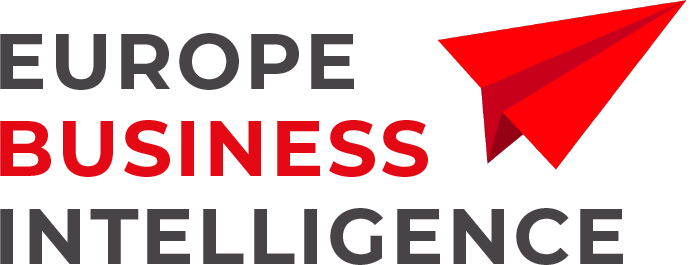Nowadays, companies must constantly reinvent themselves in order to remain competitive. For the largest groups, it is therefore essential not to be left behind by innovations, by having within them centers in charge of innovation and technological and organizational watch.
Conceptualize innovation
Innovation is a key concept to understand when working on different projects or creating new ideas. Innovation is the process of creating something new from existing ideas or concepts. It is a creative thought process that changes the world; without innovation, technological advances would not be possible.
The “C-K Theory”, for Concept / Knowledge, invented by Professor Armand Hatchuel of the Mines de Paris, allows us to easily visualize the back and forth between the concept, the idea, and the knowledge, and the fact that innovation will progress by conceptual “leaps”.
Organizing innovation
Within large groups, there can be different innovation poles. These are present in different sectors of the company and their goal is to constantly update the company so that it is as innovative as possible:
Within the business lines, there is innovation in the different branches of the company common to other companies, purchasing, finance, HR/training, legal, real estate, logistics, communication, customer knowledge, customer relations and security .
In this business innovation we can find a role that is making its appearance, the role of the Citizen Developer, who is a business user and who contributes to bringing innovation to the company without being a developer or innovation manager. For example, it is a way of creating, more quickly and sometimes more coherently, digital applications or specific functions using a Low-code/No-code environment.
Innovation is present, also, in all the global strategy in the company, in structures or transversal functions and be part of the global strategy of the company. Innovation in research and development can be added to this.
Finally, innovation can be found in the IT department (Direction des Services Informatiques). Digital innovation is essential, often identified within a “digital factory”,
Innovating together to innovate more
Another way to develop innovation in companies is to work in collaboration with other companies. In order to share use cases and to develop a mutual aid between peers, in order to make new solutions emerge, to understand problems encountered…
Working together maximizes the potential for success in creating new ideas. It takes effort for groups to collaborate effectively, but it is worth it overall, as it generates a lot of creativity. Working together also benefits group members by reducing the time it takes to complete projects and solutions to social problems, the so-called “Time To Market”.
Technological, competitive and managerial intelligence
Finally, another essential aspect of innovation is technological, competitive and organizational intelligence.
Technological watch: the company will make sure that it has, internally or externally, people who have the curiosity and time to look for innovations, to snoop around, to exchange ideas, at trade fairs, in specialized press reviews or on forward-looking websites. This watch will allow the implementation of a “technological radar” within the group or the company: it will allow the company to situate itself with respect to technological progress and its competition.
Competitive and organizational watch: as with technological watch, it is possible to develop a cell (internal or subcontracted) for innovation in the organization of the company or group, in order to benchmark alternative solutions and innovations in terms of company organization. We are talking about hierarchical organization as much as spatial organization or human organization (recruitment, management, training, etc.)
This “healthy” curiosity can be outsourced to companies specialized in monitoring, such as Absoluz Consulting or Velite.
Scaling up Innovation
Finally, the challenge of innovation in companies is to “scale up”, i.e. to put innovative discoveries into concrete, practical application. There is no point in seeking to discover professional innovations if this is merely an intellectual curiosity and does not benefit the company’s businesses. Here again, large groups as well as smaller companies must be able to train and motivate their employees to these innovations that will impact their businesses.
Not to do so is to condemn the company to immobility and therefore, in the long run, to disappear.






